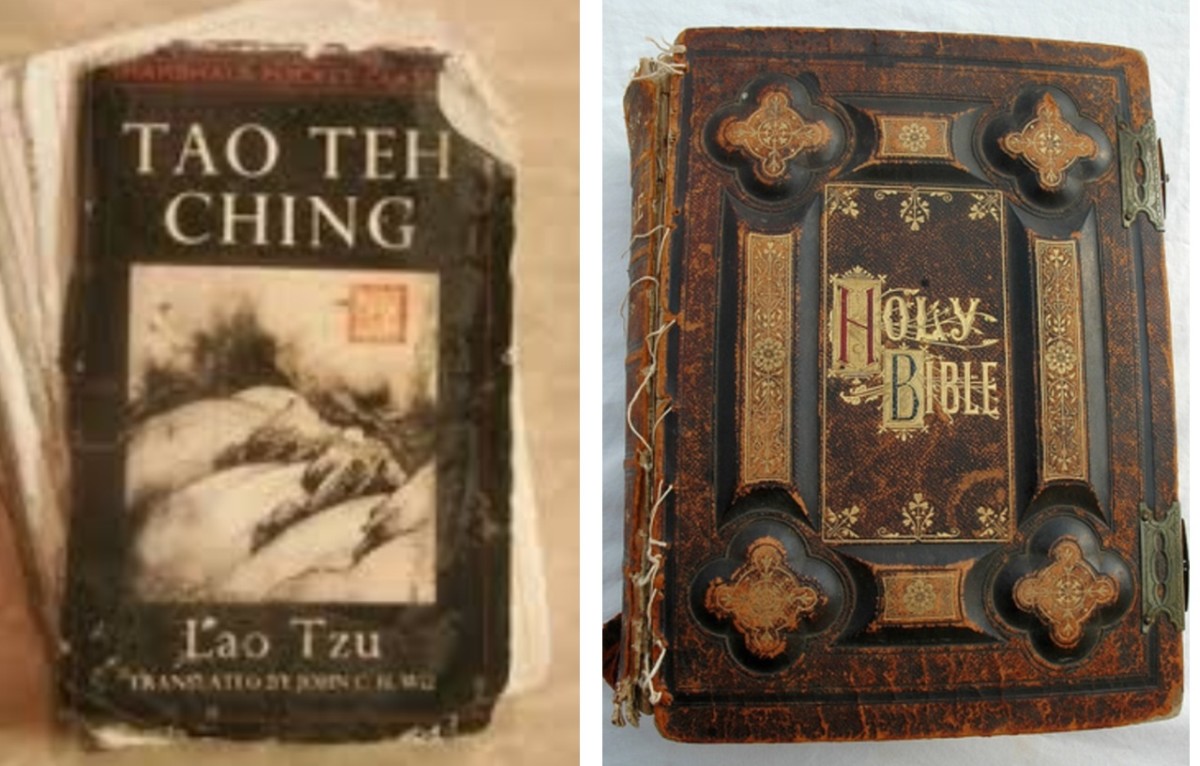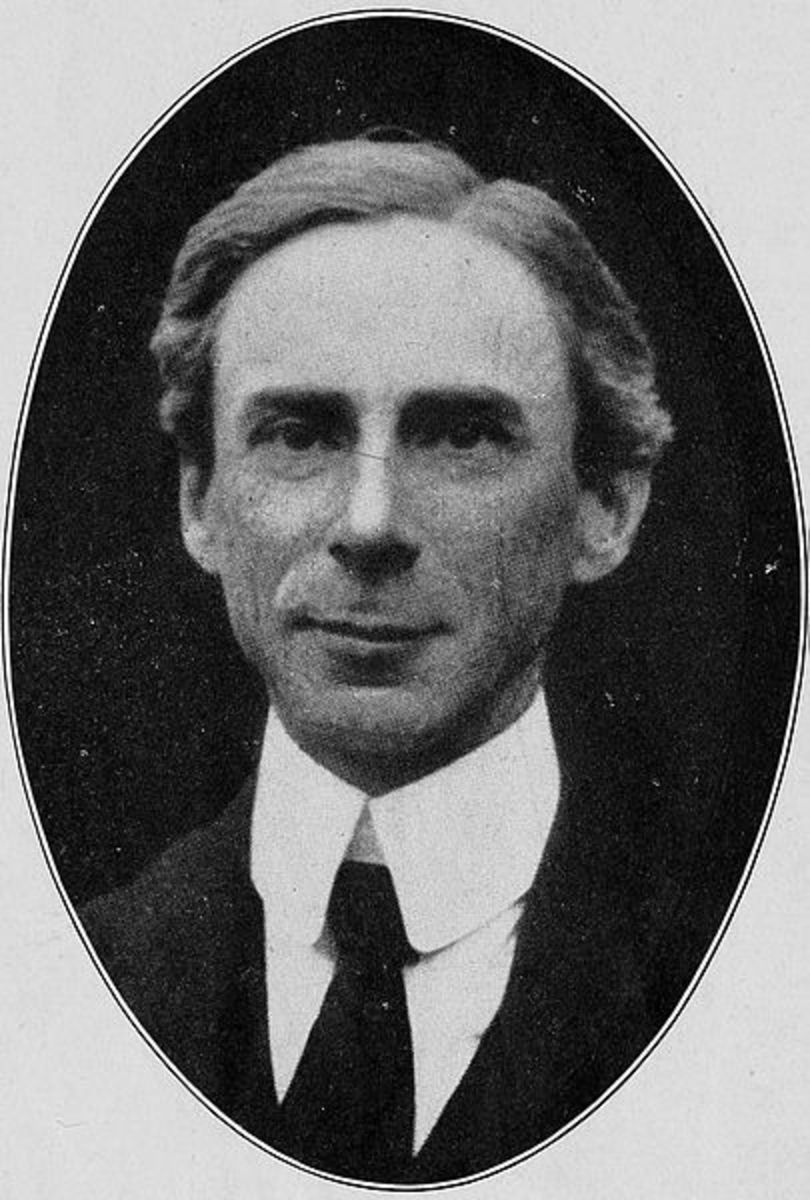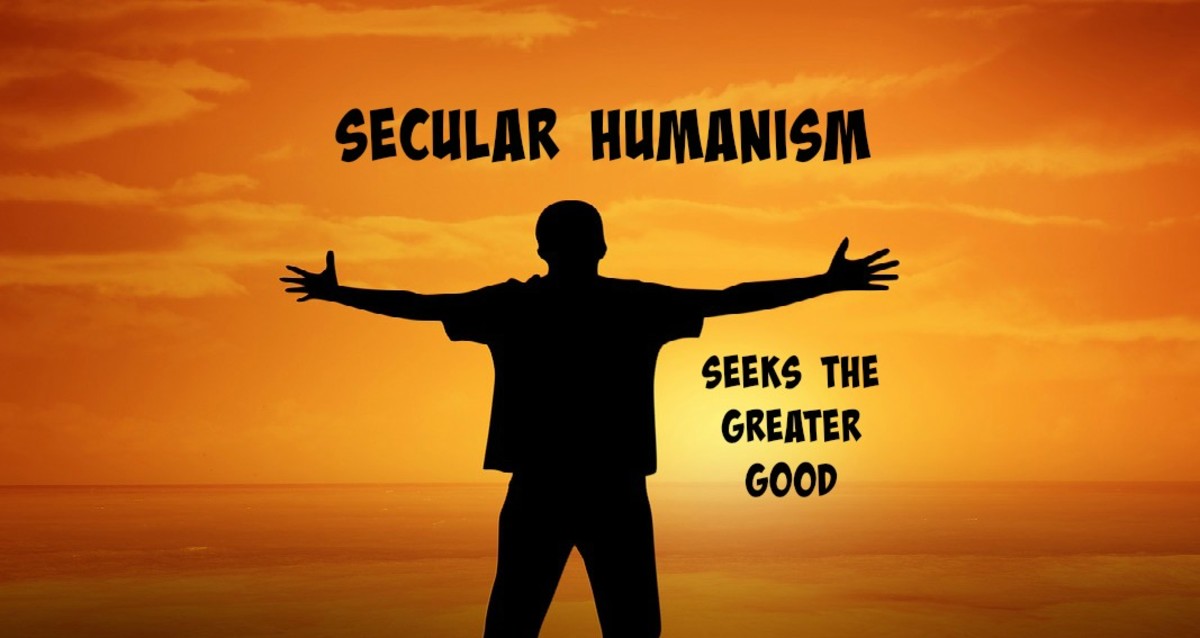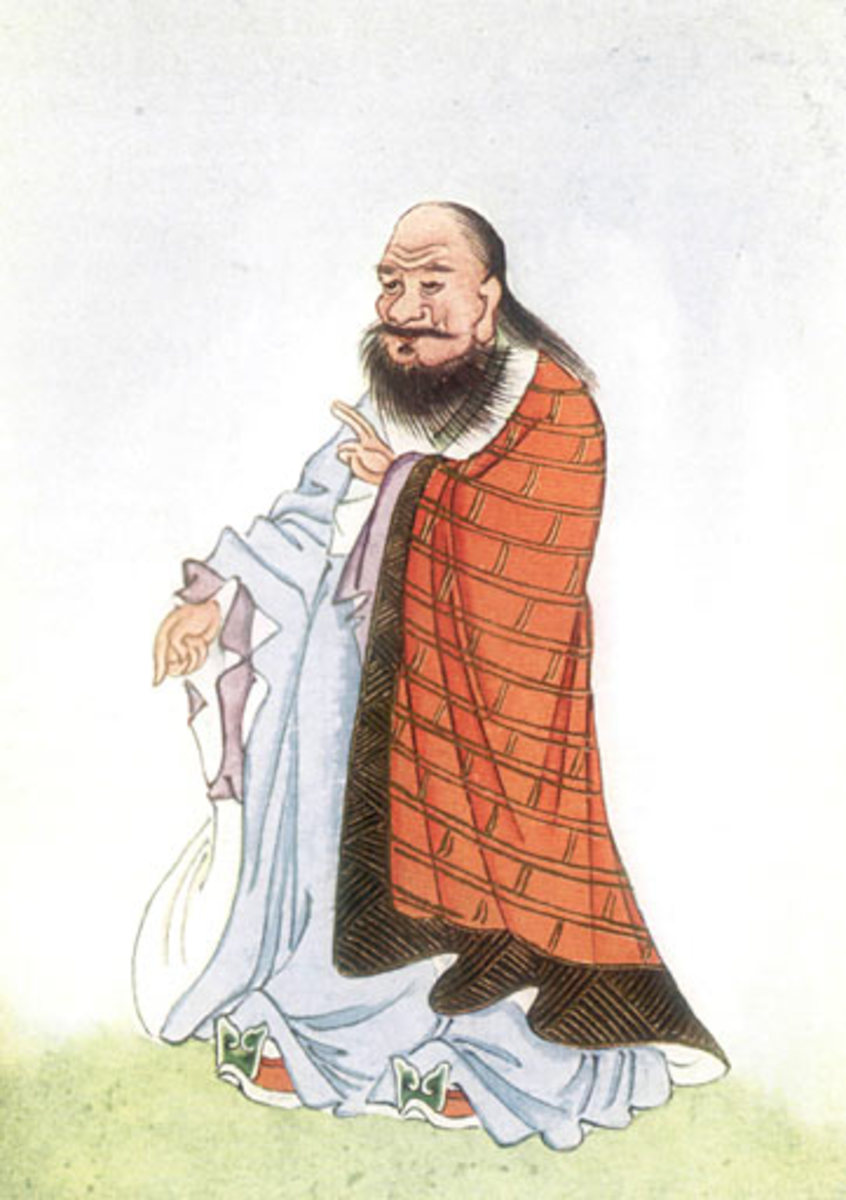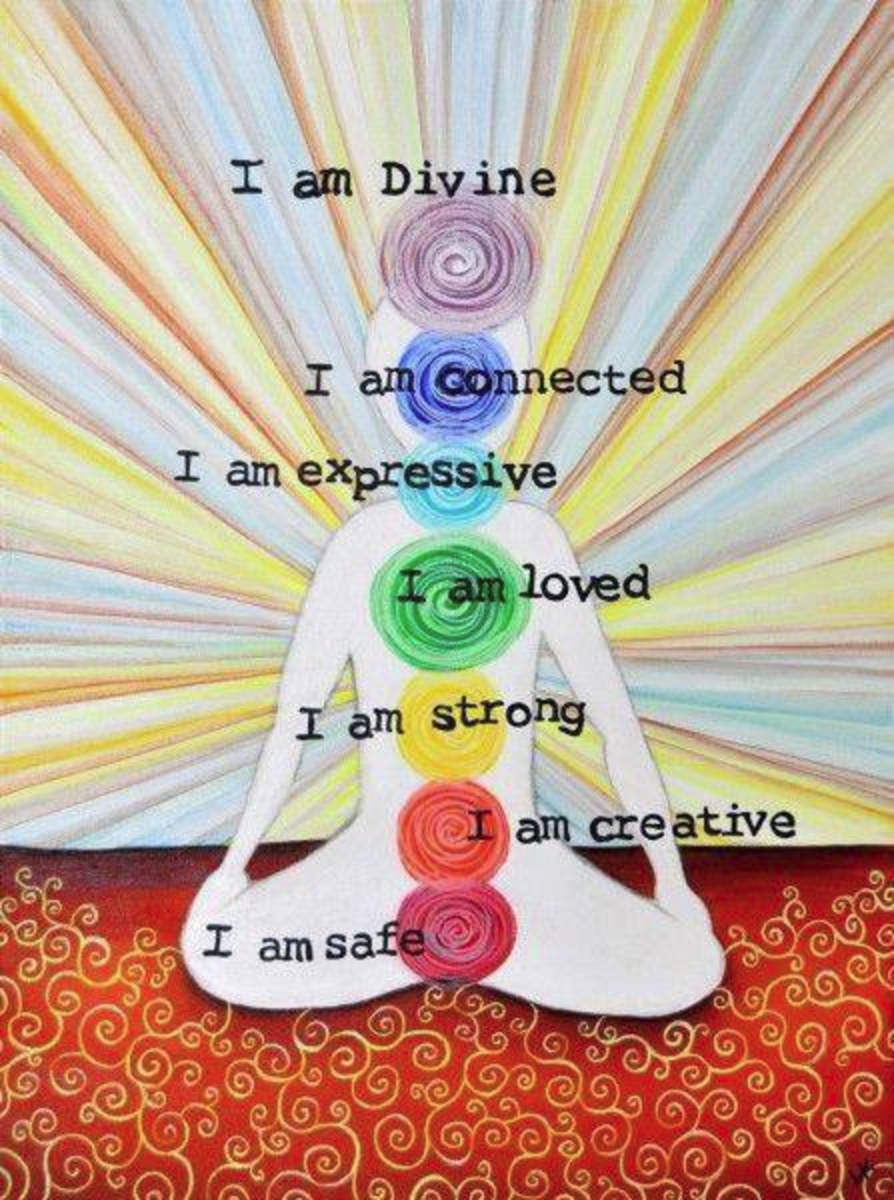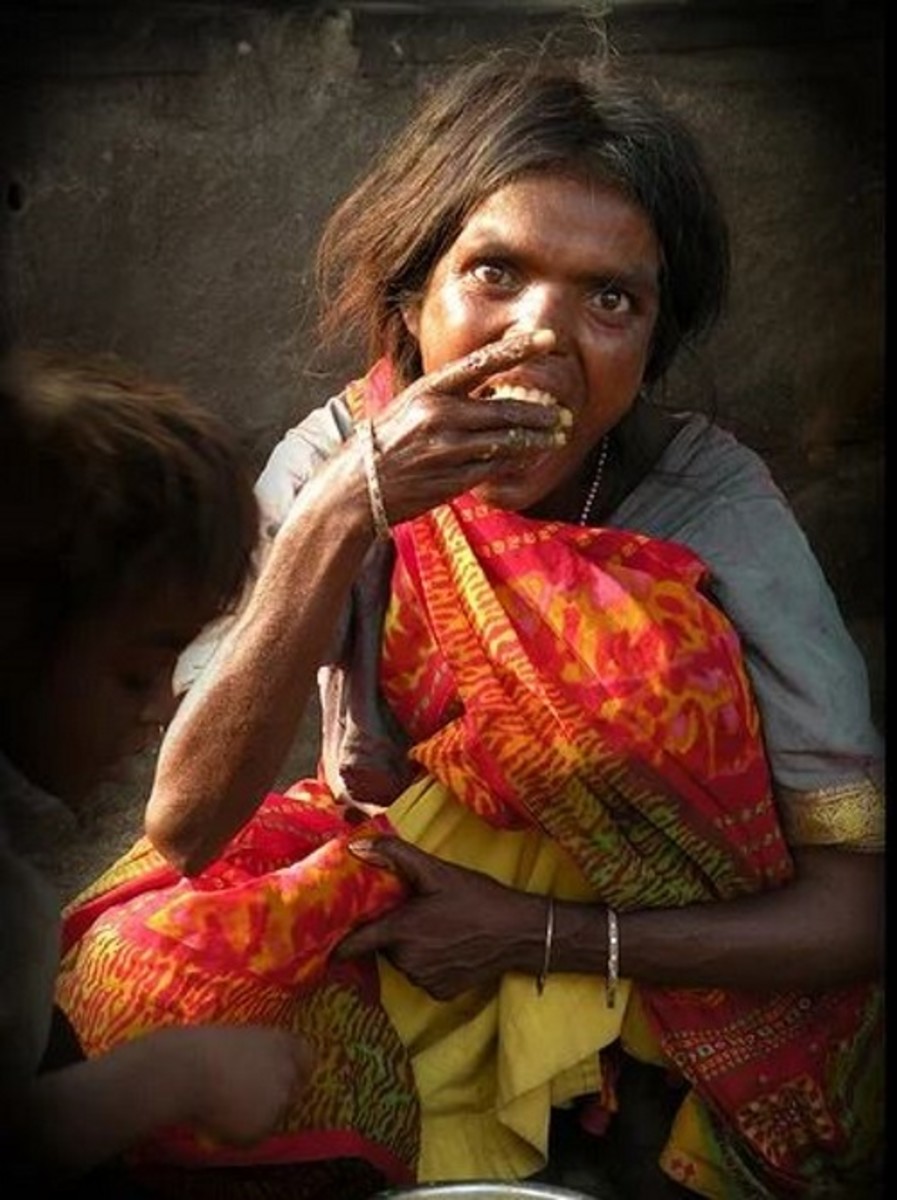Tao Te Ching and Taoism
What is Tao?
I’m sure for many of you, that the above excerpt from the Tao Te Ching [dou de jing] only serves to confuse you further. The reason the Tao that can be told is not the eternal Tao is because Tao is not something to be explained.
It is a way of life.
The way to be more exact (while accurate translation does differ slightly, Tao in Chinese translates to ‘the way’ or ‘path’).
While much of the credit goes to the mysterious Lao Tzu (which roughly translates to old master/wise old man) for writing the 2,400+-year-old text known as the Tao Te Ching, he is not the creator of the Taoist philosophy. The Taoist philosophy is believed to have been practiced for at least 4,700+ years! You can Click Here to read Derek Lin’s discussion on the real origin of the Tao; if the true essence and history of Taoism is of interest to you, I highly recommend you read it.
There are two forms of Taoism; there is the universally philosophical (Tao Chia) and the religious (Tao Chiao). The philosophical is much broader and can be harmoniously paired with any religion or belief. The religion of Taoism consists of ritual and practices such as T'ai Chi and
Qi Gong.
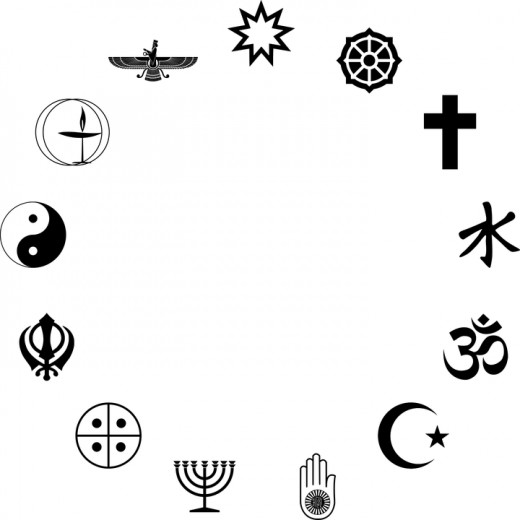
The tao that can be told
is not the eternal Tao
The name that can be named
is not the eternal Name.
The unnamable is the eternally real.
Naming is the origin
of all particular things.
Free from desire, you realize the mystery.
Caught in desire, you see only the manifestations.
Yet mystery and manifestations
arise from the same source.
This source is called darkness.
Darkness within darkness.
The gateway to all understanding.
— Verse 1, The Tao Te Ching -translation by Stephen Mitchell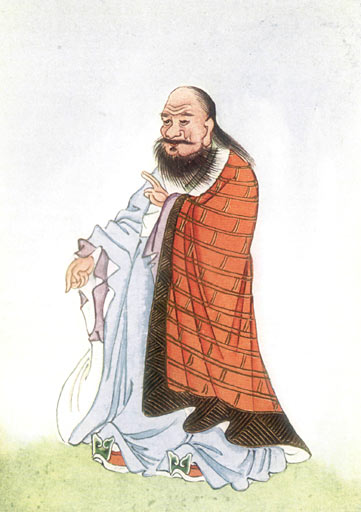
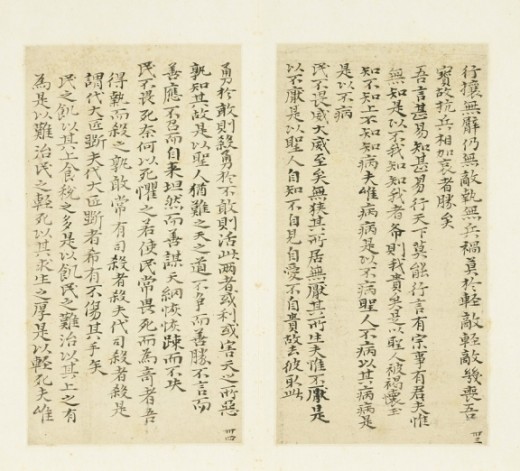
Tao Te Ching is a Chinese classic text written around the 6th century BC.
‘Tao’ means ‘way’ or ‘path’ and ‘Te’ means ‘virtue’. These two words are the opening words from each of the two sections. ‘Ching’ means ‘scripture’ or ‘classic’
Source: https://en.wikipedia.org/wiki/Tao_Te_Ching
“The Tao concept that began with Fu Hsi was all-inclusive. It applied to all aspects of life and was never limited to either religious or philosophical variations. Every religion or philosophy was simply a particular expression of the Tao. When we understand this unifying Tao the way that its earliest practitioners did, we would see that our many distinctions, divisions and categorizations really take us away from the original concept.”
-Derek Lin (http://www.taoism.net/ikuantao/origin/)
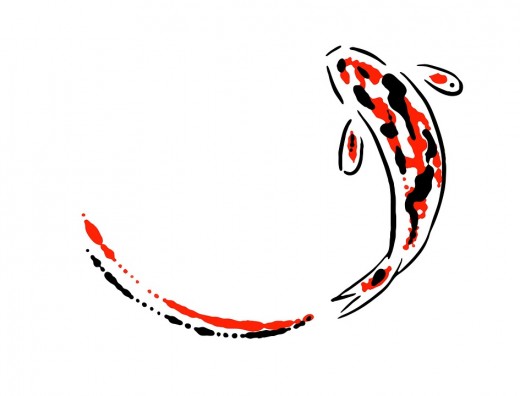
A philosophy that teaches us to flow with the river of life
There have been 250+ Western translations of the Tao Te Ching. So, there are plenty of versions to choose from. I personally own a copy of Stephen Mitchell's translation of the Tao Te Ching and find it the most palatable that I have read to date.
Put simply; it is a philosophy that teaches us to flow with the river of life. Without force, without thought, without words. If we can adequately describe it, then we are not living it.
What a paradox I and many others find themselves in, when we attempt to share the philosophy of the Tao. How can something that can’t be described, be taught? I can only try to share my personal insight and experience with whoever will listen; it is up to the listener to quiet their mind in order to unfold and surrender to their own Tao.
There is the eternal Tao and within that exists our personal Tao. When we are living our own personal Tao, we are living from our individual nature in harmony with the nature of the eternal Tao.
When we give up our images of self-importance and our ideas of what should be, we can help things become what they need to be.
— The Te of Piglet, Benjamin Hoff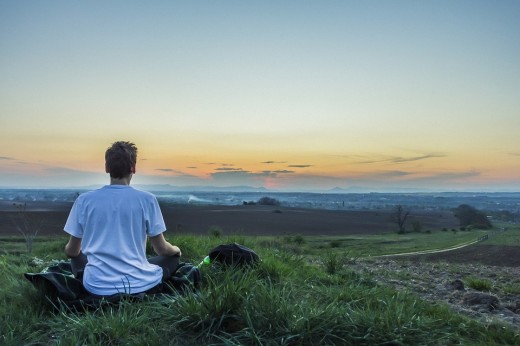
How can there be TAO & then our Tao?
Tao is the essence and universal law of all creation. The Tao is not something that can be explained, for the Tao that is told is not the eternal Tao. It is the life force that is felt and followed. Every creation within the creation contains a piece of Tao. We all carry the energy of Tao yet at the same time move, live and navigate through it, when we are connected by living our own personal Tao.
Explaining the Tao is a futile exercise. As I've said before, it can only be felt and followed. Try to see it, it is not there, try to speak it, it is gone. It is simple and soft, and it just is. It is nowhere, yet everywhere. To explain it serves only to complicate it further and then it is not Tao.
In Stephen Mitchell’s translation of the Tao Te Ching (1988), he points out how the Tao is changeless, yet the essence remains. Again, you can find various translations of the Tao Te Ching available online and in bookstores. Preference of translation, I believe, lies in one's personal taste and style. I feel that Stephen get’s to the juice of it nicely, as best as one could.
There is an excerpt I’d like to leave you with; there is much more to it, but this gives you a nice little snippet to marinate in. As difficult as it is to explain Tao, I think he does a fantastic job in illustrating what it means to live our personal Tao.
The Art of Mindful Living
- The Art of Mindful Living
Take life one moment at a time to just be. Be in the moment, be aware, be your natural self. Learn how to wake up to the life happening around you.
Acts Without Doing
“acts without doing anything: Her actions are appropriate responses. Thus they are effortless. She embodies compassion, yet she doesn’t try to be compassionate. She doesn’t struggle to make money, yet she enjoys spending it when it comes to her. She goes her own way, yet she accepts help gratefully and has no pride in walking alone. She is not elated by praise, not discouraged by neglect. She doesn’t give even a moment’s thought to right or wrong. She never has to make a decision; decisions arise by themselves. She is like an actress who loves her role. The Tao is writing the script.”
~Stephen Mitchell, The Tao Te Ching
"A way of life that keeps saying ‘Around the next corner, above the next step,’ works against the natural order of things and makes it so difficult to be happy and good.”
-The Tao of Pooh, Benjamin Hoff
A way of life that keeps saying ‘Around the next corner, above the next step,’ works against the natural order of things and makes it so difficult to be happy and good.
— The Tao of Pooh, Benjamin HoffFlow like Water- Alan Watts (cc licensing)
© 2016 simplehappylife


